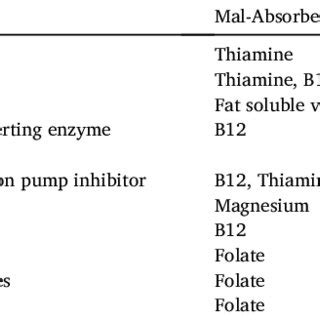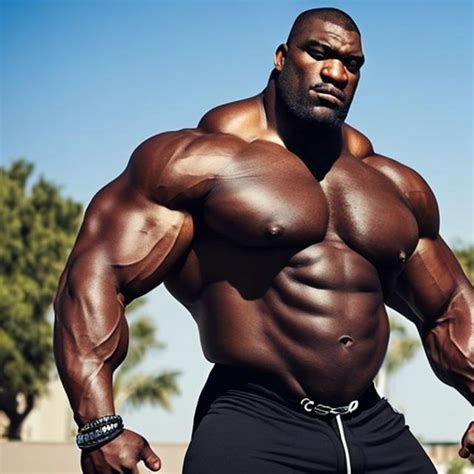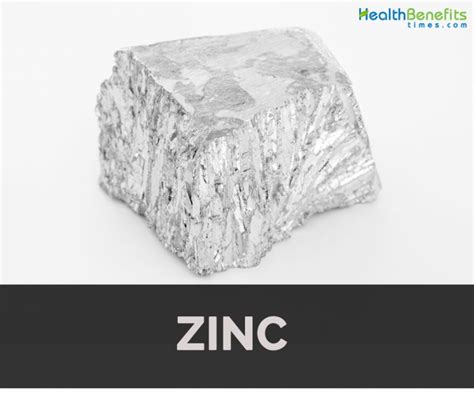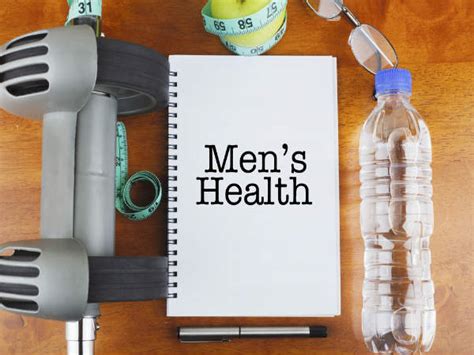What micronutrients are men most commonly deficient in, and what dietary changes can address these gaps?

Understanding Micronutrient Deficiencies in Men
While often overlooked in favor of macronutrients like protein, carbohydrates, and fats, micronutrients—vitamins and minerals—play a pivotal role in virtually every bodily function. From energy production and immune defense to hormone regulation and bone health, these essential nutrients are vital for men’s overall well-being. Unfortunately, many men unknowingly fall short on several key micronutrients due to modern diets, lifestyle factors, and specific physiological needs. Identifying these common deficiencies and making targeted dietary adjustments can significantly improve health and prevent long-term complications.
Vitamin D: The Sunshine Vitamin Gap
One of the most widespread deficiencies globally, and particularly in men, is Vitamin D. Often referred to as the ‘sunshine vitamin,’ it’s crucial for bone health, immune function, mood regulation, and even testosterone production. Limited sun exposure, especially in certain climates or due to indoor lifestyles, contributes significantly to this deficiency. Fatty fish, fortified dairy products, and certain mushrooms are among the few natural food sources.

Dietary Solutions: Increase intake of fatty fish like salmon, mackerel, and tuna. Incorporate fortified milks, cereals, and orange juice. Consider mushrooms exposed to UV light. Regular, safe sun exposure is also a key strategy, though dietary sources are vital.
Magnesium: The Stress-Busting Mineral
Magnesium is involved in over 300 biochemical reactions in the body, impacting muscle and nerve function, blood glucose control, blood pressure regulation, and energy metabolism. Chronic stress, high consumption of processed foods, and certain medications can deplete magnesium levels. Deficiency can manifest as muscle cramps, fatigue, anxiety, and sleep disturbances.
Dietary Solutions: Prioritize dark leafy greens (spinach, kale), nuts (almonds, cashews), seeds (pumpkin, chia), legumes (black beans, lentils), whole grains (brown rice, whole wheat bread), and dark chocolate. Epsom salt baths can also offer transdermal absorption.
Zinc: The Immune and Hormone Supporter
Zinc is essential for immune function, wound healing, taste and smell, and cell division. For men, it plays a critical role in testosterone production and prostate health. Vegetarians and those with digestive issues are particularly at risk, but many men simply don’t consume enough zinc-rich foods.

Dietary Solutions: Excellent sources include red meat, poultry, seafood (especially oysters), legumes, nuts (cashews, almonds), seeds (pumpkin seeds), and whole grains. Soaking and sprouting legumes and grains can improve zinc absorption.
Potassium: The Blood Pressure Regulator
Potassium is vital for maintaining fluid balance, nerve signals, and muscle contractions, and it plays a critical role in blood pressure regulation. Most modern diets are high in sodium and low in potassium, leading to an imbalance that contributes to hypertension and increased risk of heart disease. Fruits, vegetables, and legumes are the primary sources.
Dietary Solutions: Significantly increase your intake of fruits (bananas, oranges, avocados), vegetables (spinach, broccoli, sweet potatoes), and legumes (beans, lentils). Drinking coconut water can also provide a potassium boost.
B Vitamins: The Energy and Metabolism Boosters
While deficiencies in specific B vitamins like Folate (B9) and B12 are more commonly highlighted, a general insufficiency in the B vitamin complex can impact men’s energy levels, cognitive function, and cardiovascular health. B12 is particularly relevant for those on vegetarian or vegan diets, while folate is crucial for DNA synthesis and repair.

Dietary Solutions: For B12, focus on animal products (meat, fish, poultry, eggs, dairy) or fortified foods for vegans. For Folate, include dark leafy greens, legumes, fortified grains, and citrus fruits. A varied diet of whole grains, lean meats, and vegetables generally covers most B vitamins.
Holistic Dietary Strategies to Address Gaps
Beyond targeting specific nutrients, adopting a broader approach to diet can naturally bridge many micronutrient gaps. Emphasizing whole, unprocessed foods is the most effective strategy. This includes:
- Abundant Fruits and Vegetables: Aim for a diverse range of colors and types daily to ensure a wide spectrum of vitamins, minerals, and antioxidants.
- Lean Protein Sources: Include fish, poultry, lean meats, eggs, and plant-based proteins like legumes and tofu to provide essential minerals and B vitamins.
- Whole Grains: Opt for oats, brown rice, quinoa, and whole-wheat products over refined grains for fiber, magnesium, and B vitamins.
- Healthy Fats: Incorporate nuts, seeds, avocados, and olive oil for Vitamin E, magnesium, and other fat-soluble vitamins.
- Limit Processed Foods: These are often nutrient-poor and can contribute to the depletion of essential micronutrients.

When to Consider Supplements
While diet should always be the primary source of nutrients, supplements can play a role when dietary intake is insufficient or specific conditions exist. However, it’s crucial to consult with a healthcare professional or a registered dietitian before starting any supplement regimen. They can help identify specific deficiencies through testing and recommend appropriate dosages, preventing potential imbalances or adverse effects.
Conclusion
Micronutrient deficiencies are common among men but are largely preventable and treatable through informed dietary choices. By prioritizing a diverse diet rich in whole foods, men can significantly improve their overall health, boost energy levels, support immune function, and reduce the risk of chronic diseases. Paying attention to these often-overlooked nutrients is a powerful step towards achieving optimal health and vitality.









